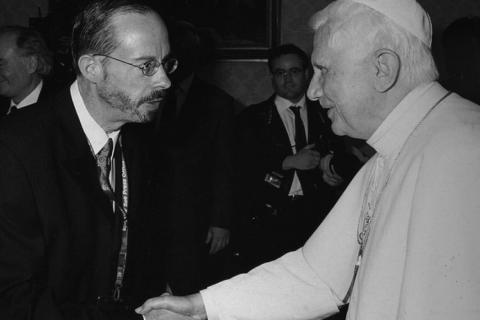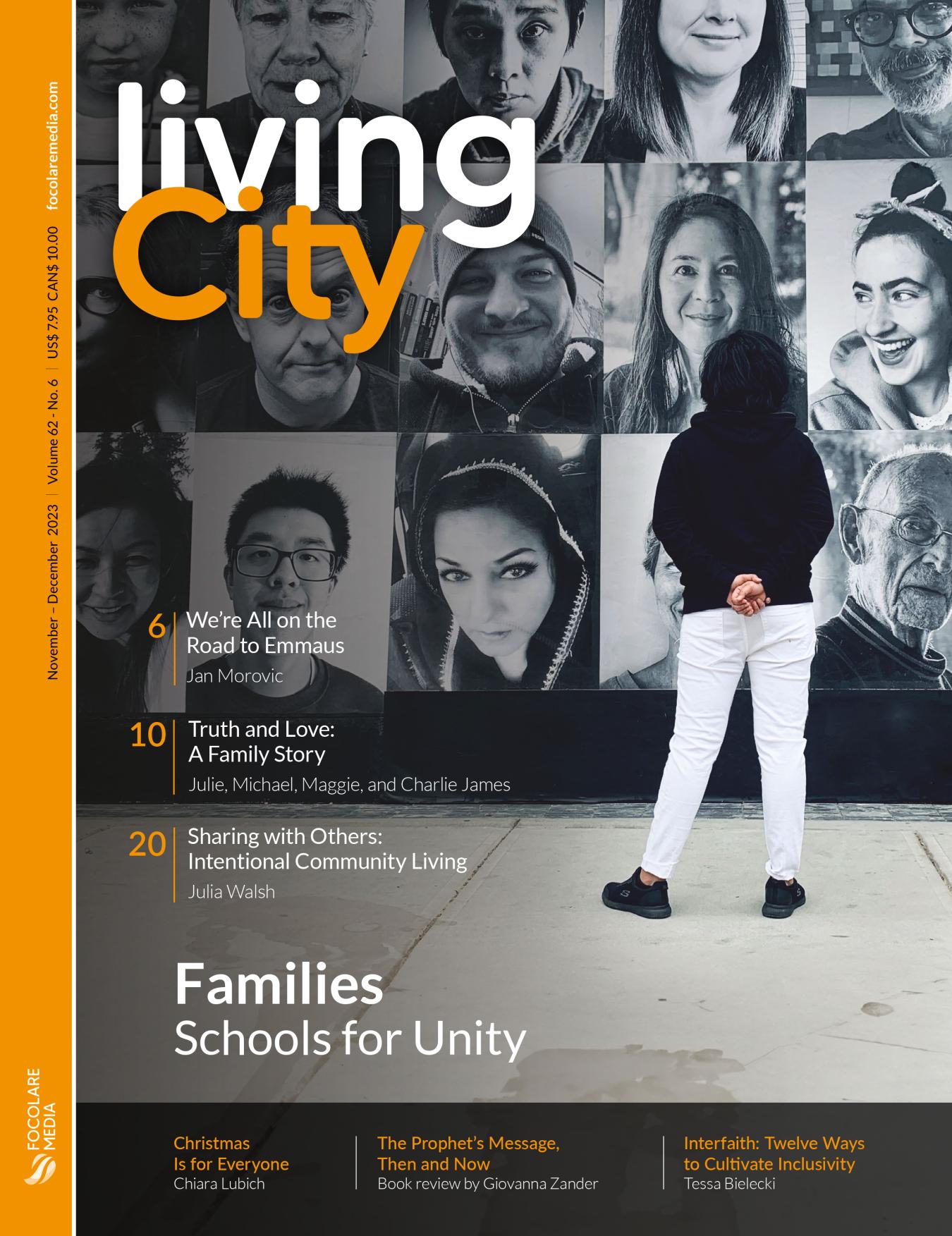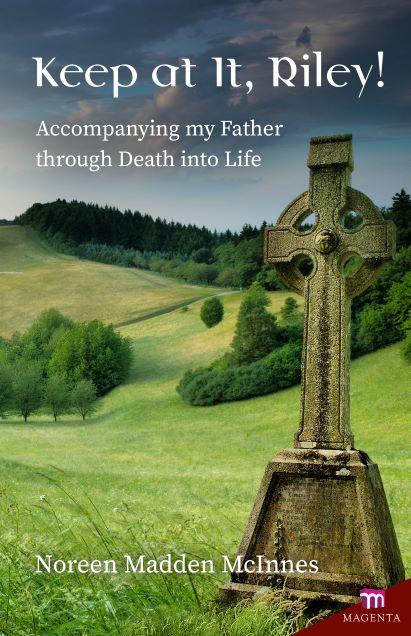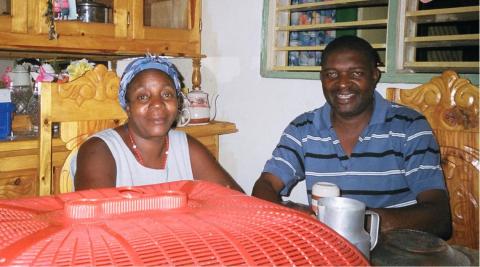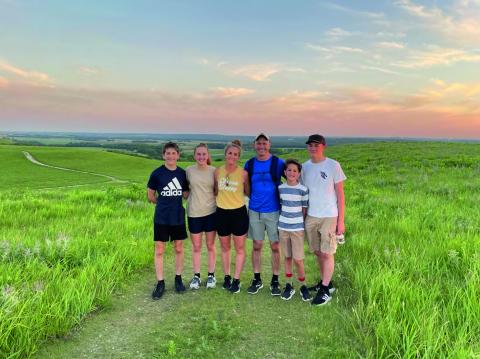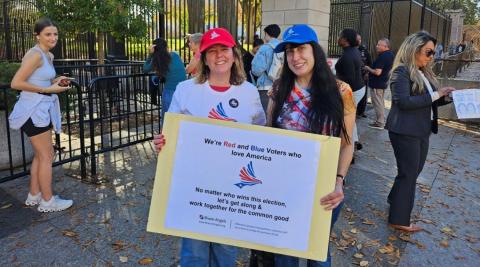How can we dig in and express the unique qualities each of us has been given, for the benefit of ourselves and others?
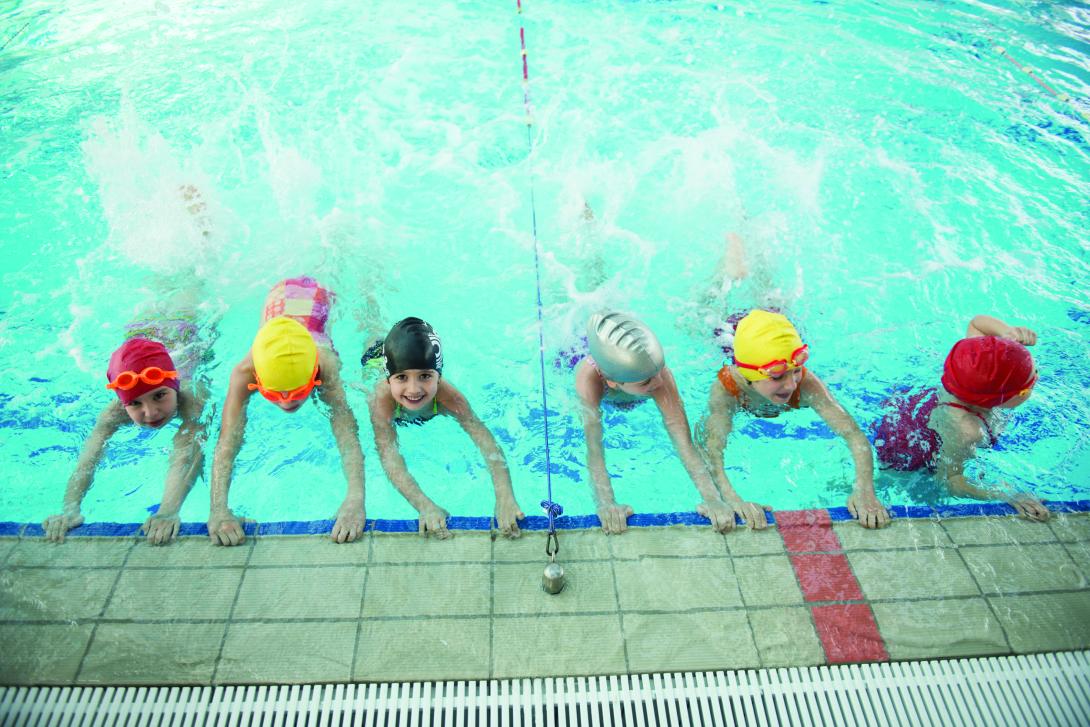
FSSTOCK (FOLLOW)/123RF.COM
Do people like me? And do I like myself? Self-esteem is often given much importance and consideration in our culture today. It speaks of the dynamics involved in how we perceive and value ourselves, and others.
When we were small, though we didn’t really think about it, we somehow knew we needed to fit in and to feel appreciated and supported for who we are. A brief look at my own childhood brings back several vivid moments.
One summer, a group of us young kids set out each morning on a long walk to the community pool for free swimming lessons. Our lifeguard, nicknamed Cannonball, had us hold onto the side of the pool to endlessly kick our legs onto the water’s surface.
Eventually we earned our first plunge into the deep end. When I jumped in that very first time, the sensation of no longer finding the familiar concrete bottom frightened and disoriented me.
Cannonball instantly splashed in and pulled me to the edge. Though safe, I felt that I messed up. Not only that, I noticed he was dripping wet in long sleeves and long sweat pants! What would he think of me? Instead, he calmly instructed me to continue to swim down the side of the pool. He restored my confidence. I brought the good news home!
Another childhood memory carries a different tone. The older boys in our neighborhood, about 10 years old, provided a lot of fun for us younger ones. One day they gathered a group of us together, and then they picked out me and another boy who I had never seen before. This time, however, we were told to fight!
The other boy stood ready. Startled, however, I froze and allowed my opponent to drop me to the ground. He was announced the winner. There were no more scuffles, but I was told rather clearly that I should have stood my ground. I did not bring that news home.
While for the older boys it was an innocent game with a dash of mischief, I felt confused. How can they tell me to fight someone I never even met, and without even asking me first? What will they think of me now?
Though for some time I remembered what happened, life went on, and the older boys continued to create great times for us, like adventurous subway trips to the NY World’s Fair.
Likewise, over time we have all experienced countless instances that may have caused our sense of self to rise and fall. But eventually, we may have asked ourselves: what does our worth really depend on? History shows that humanity has been asking this same question for a long time, and in every age, there have also been people who could help answer that question
St. Frances de Sales (1567–1622), Bishop of Geneva, Switzerland, had a deep compassion for everyone. He once said, “Have patience with all things — but first with yourself. Never confuse your mistakes with your value as a human being. You are a perfectly valuable, creative, worthwhile person simply because you exist. And no amount of triumphs or tribulations can ever change that.”
We are perfectly valuable simply because we exist. Have we ever really let that sink in? What if we can be just the way we are without thinking our worth depends on impressing our own selves and others?
Our self-worth — mine and yours — is not negotiable, nor averaged out, but profoundly intrinsic, infinite in measure; a timeless quality deeply rooted in our human nature.
It means no one can give us our worth. Others can guard it and respect it, as Cannonball did when he reminded me that I already knew how to swim. He turned my failure into an opportunity for me to keep on trying. In a similar way, we can guard our own and each other’s intrinsic worth.
No matter the situation, I can always be myself, free to strive for my best, be free to make mistakes and to learn from them. When our worth feels jeopardized, though it may take some reflection, we can find it again. We have only lost sight of it. Did something get in the way? A walk in nature, alone or with a friend can help us find it again. Neither successes, nor failures, nor hurt can increase or diminish even a milligram of our infinite worth.
It’s surely the work of a lifetime. When doubts arise, the discovery of the roots of our true worth can motivate us to continue to dig in and express the unique qualities we have been given for the benefit of ourselves and others.
The joy of sharing those qualities with each other, and with those around us, always awaits us. And without even realizing we’ll be making the world a better place.





